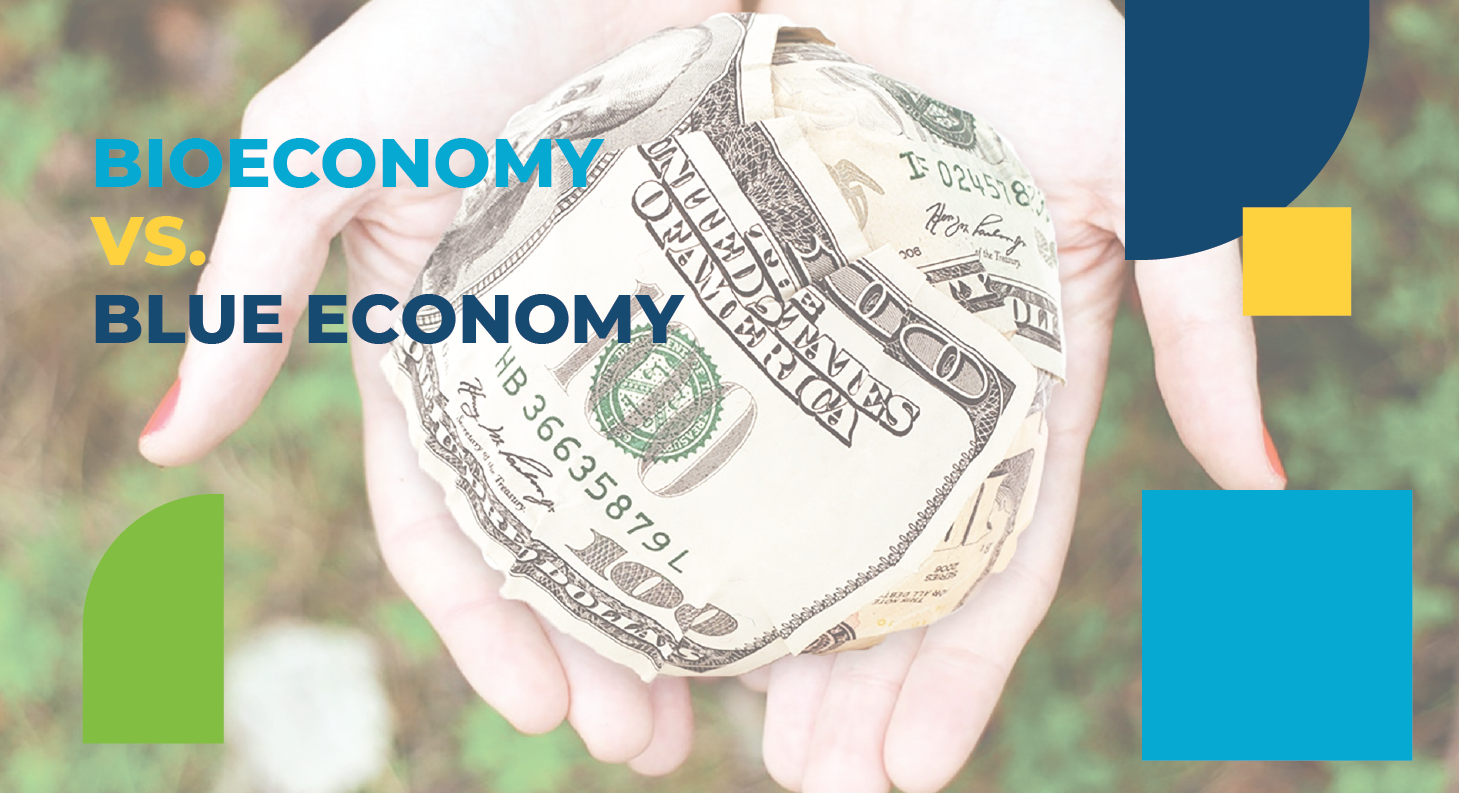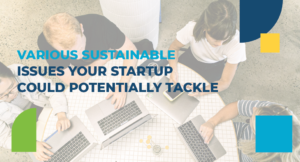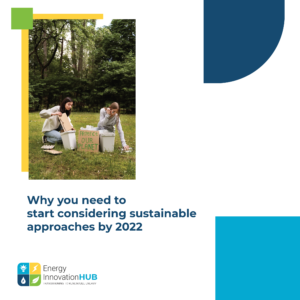According to the European Commission, bioeconomy is the production of renewable biological resources and the conversion of these resources and waste streams into value added products, such as food, feed, bio-based products and bioenergy. Its sectors and industries have strong innovation potential due to their use of a wide range of sciences, enabling and industrial technologies, along with local and tacit knowledge.
Whereas according to a UN representative, blue economy is an economy that compromises a range of economic sectors and related policies that together determine whether the use of ocean resources is sustainable. The Commonwealth of Nations also considers it an emerging concept that encourages better stewardship of our oceans or blue resources.
On one hand, due to climate change and the increasing depletion of fossil fuel resources, governments, businesses and institutions are finding it urgent to base their economies on renewable energies. The European Commission actually defends the importance of bioeconomy as it considers it a way to stimulate economic growth. Bioeconomy has many advantages, economically and environmentally. First, it is an approach that involves the cooperation of stakeholders at a global scale. Bioeconomy also helps reduce greenhouse gas (GHG) emissions. It promotes research across different disciplines and creates employment. Last but not least, it requires wiser management of natural resources and restructures energy and food production.
On the other hand, blue economy has the power to be the ultimate fighter against climate change: it fosters green energy, as well as professions in construction, maintenance and administration. Moreover, it boosts existing industries such as shipping and tourism, thus allowing them to become greener and grow into new and advanced technologies. The ocean is in fact the largest natural asset on the planet and it represents 99% of the earth’s living volume. Its benefits are numerous to humanity: the ocean is responsible for the oxygen we breathe, it supplies 15% of our protein needs, it helps slow climate change and it is the source of around 30% of the world’s oil and gas resources. That being said, blue economy has enormous potential when it comes to ensuring and improving human well-being and social justice. To effectively become an activist in the blue economy, companies, institutions and organizations should contribute to the restoration, protection and maintenance of productive and resilient marine ecosystems while also promoting the availability of clean water and sanitation facilities.
Finally, although their definitions are not exactly the same, bioeconomy and blue economy, serve the exact same purpose: they face challenges on a global level such as financial barriers, social justice and science and innovation. The transition from regular economies to bioeconomy and blue economy must be done in order for countries to work towards a greener agenda.
Bibliography
nordiceditor. (2022, March 22). Blue Economy: oceans as the next great economic frontier. United Nations Western Europe. https://unric.org/en/blue-economy-oceans-as-the-next-great-economic-frontier/#:%7E:text=Benefits%20of%20blue%20economy%3A%20create%20green%20energy%20and%20fight%20climate%20change&text=professions%20and%20therefore%20create%20jobs%20in%20construction%2C%20maintenance%20and%20administration.&text=shipping%20and%20tourism%2C%20have%20potential,become%20greener%20with%20new%20technologies.
Inclusive blue economy. (n.d.). International Institute for Environment and Development. https://www.iied.org/inclusive-blue-economy
Blue Economy: a sustainable ocean economic paradigm | United Nations Development Programme. (n.d.). UNDP. https://www.undp.org/blog/blue-economy-sustainable-ocean-economic-paradigm?utm_source=EN&utm_medium=GSR&utm_content=US_UNDP_PaidSearch_Brand_English&utm_campaign=CENTRAL&c_src=CENTRAL&c_src2=GSR&gclid=CjwKCAjw3qGYBhBSEiwAcnTRLo8wQcRx__V-zekVSjqJi1o2or_VgSVpmCszz_lMivY_asfwdpTDpRoCJ9MQAvD_BwE
Sustainable Blue Economy. (n.d.). Wasser 3.0. https://wasserdreinull.de/en/knowledge/water/blue-economy/?gclid=CjwKCAjw3qGYBhBSEiwAcnTRLjlIPmZPeBClInlou9pKimUbXAMAIlQsv_Bcoi7SGHyJlm-VjWUxaRoCFikQAvD_BwE
What is Bioeconomy? (n.d.). BioStep. https://www.bio-step.eu/background/what-is-bioeconomy/





